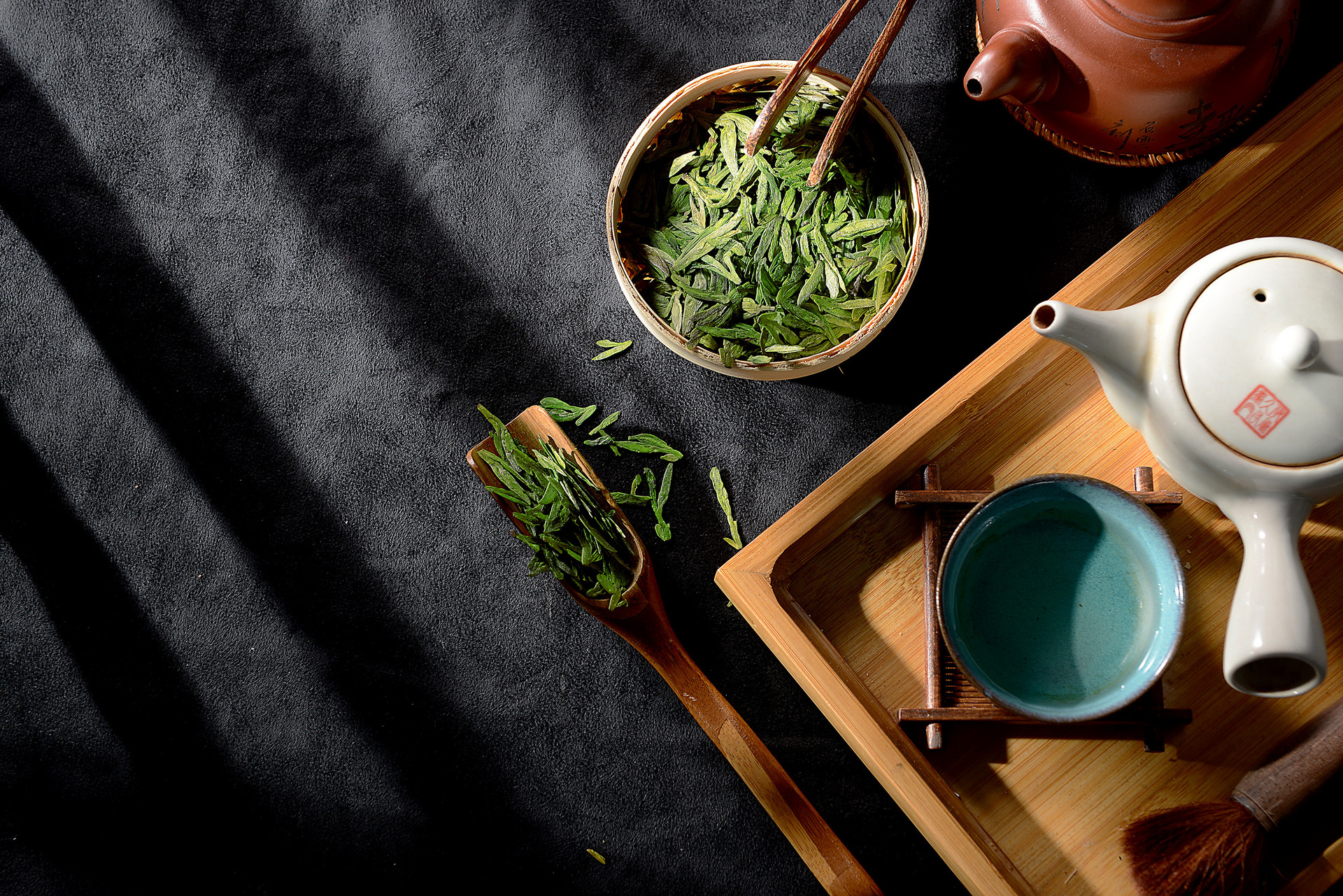According to traditional Chinese medicine, digestion and absorption in the human body are achieved through the joint action of the spleen and stomach. If the spleen and stomach are not in good condition, nutrients cannot be transported and absorbed, causing great harm to our health. Traditional Chinese medicine emphasizes the nourishment of the spleen and stomach through diet, so reasonable and appropriate dietary combinations are essential for regulating the spleen and stomach. However, long periods of overeating or undereating and binge eating can damage the spleen and stomach. Many people, due to work or other reasons, sometimes skip meals and other times indulge in excessive eating, causing great harm to their spleen and stomach.
1. Overeating damages the spleen and stomach
"The stomach is the sea of water and grains." Water and grains go through the stomach's fermentation process and can be transformed into refined substances. Through the transformation of the spleen, they supply the whole body and can generate blood and other essential substances for the five viscera and six bowels. However, the stomach's capacity for accommodating and digesting dry food and the spleen's absorption and transport capabilities are limited. If there is excessive binge eating beyond the stomach and spleen's ability to ferment and transform, the food will stagnate in the gastrointestinal tract for a long time, damaging the digestive and transmission functions of the stomach and intestines. This can result in discomfort, loss of appetite, and even nausea and vomiting. Previous generations have recognized the harm of overeating in their long-term practical experience. The "Su Wen · Bi Lun" states, "Overeating damages the intestines and stomach," emphasizing that overeating can affect the gastrointestinal function. The "Yang Sheng Si Yao · Volume One" says, "For any food that you enjoy, do not indulge yourself. Always keep in mind that diseases enter through the mouth. If we are cautious and introspective, we will follow the example of ancient people who seek food when hungry and stop when full. If we do not know moderation, we will stuff ourselves until we are full, which will lead to imbalanced flavors and hinder the harmony of Qi. This will result in slow transformation... leading to obstruction, fullness, and pain."
Long-term binge eating can lead to spleen and stomach qi deficiency. Consuming slightly cold, raw, greasy, and hard foods can cause indigestion, stomach pain, diarrhea, bloating, fatigue, and weakness. In severe cases, food accumulation can turn into ulcers, manifesting as loss of appetite, yellowish complexion, abdominal distension, heat in the extremities, and restlessness and crying in infants. Long-term excessive eating in adults can hinder the circulation of Qi and blood in the intestines, leading to diseases such as hemorrhoids.
In addition, the epithelial cells on the surface of the stomach mucosa have a short lifespan and need to be repaired every 2-3 days. If the previous meal is not fully digested and the next meal fills the stomach, the stomach will always be in a state of dry fullness and distension. The stomach mucosa will not have the opportunity to repair itself, leading to an increase in gastric secretion and the destruction of the gastric mucosal barrier. This can result in gastritis and other symptoms of indigestion. Over time, it can even lead to gastric erosion and ulcers.
2. Avoid prolonged hunger
With the improvement of living standards, cases of long-term hunger due to food shortage are now rare. However, cases of prolonged hunger due to subjective unwillingness to eat are becoming more common. We often encounter people who are in a state of hunger for a long time due to weight loss or body control purposes.
The spleen and stomach do not like binge eating, nor do they like prolonged hunger. As mentioned earlier, the five flavors of food can nourish the qi of the five viscera, which is the material basis for maintaining life activities. Diet provides the raw materials for the generation of essence, qi, body fluids, and blood. If the body is in a prolonged state of hunger, it will inevitably lead to the occurrence of diseases.
3. "Eat 70-80% full" is best for the spleen and stomach
Diet should be scientific. Food should not be sought to be completely full, nor should one be excessively hungry. "Eating 70-80% full regularly can prolong life and improve health." But what exactly does it mean to eat to the right level? How do we grasp the scale of "eating 70-80% full"?
In fact, the method is very simple. Just manage meal times well. It is best to start eating when you feel a little hungry, and eat at a fixed time for each meal to avoid eating too much too quickly when too hungry. In addition, eating foods with high dietary fiber content before meals can increase the feeling of fullness, which is also a good way to control overeating.
(1) Drink some soup before meals
Drinking soup before meals is very beneficial for health and helps reduce appetite. When soup reaches the stomach, the excitability of the appetite center decreases, and as a result, the amount of food consumed automatically decreases, leading to an earlier feeling of fullness.
(2) Leave the table immediately after finishing the meal
If you have eaten enough, leave the table quickly. This is to avoid the temptation of looking at the delicious food on the table and losing control of your appetite, which will inevitably lead to overeating. Some people are already 70-80% full, but if they see that there is still a lot of food left on the plate, they will pick up their chopsticks again and start eating. Little do they know that this cleaning up will definitely make them overeat. Habits require persistence. Once we develop the habit of only eating "70-80% full" each time, it will bring lifelong benefits to our health.
All of these facts tell us that our body is the capital of revolution. Without a healthy body, all efforts will be in vain. A strong spleen and stomach ensure sufficient qi and blood, while a weak spleen and stomach result in qi and blood deficiency. Nourishing the spleen and stomach through diet is the best way, and a reasonable eating routine can restore a healthy spleen and stomach to you!












